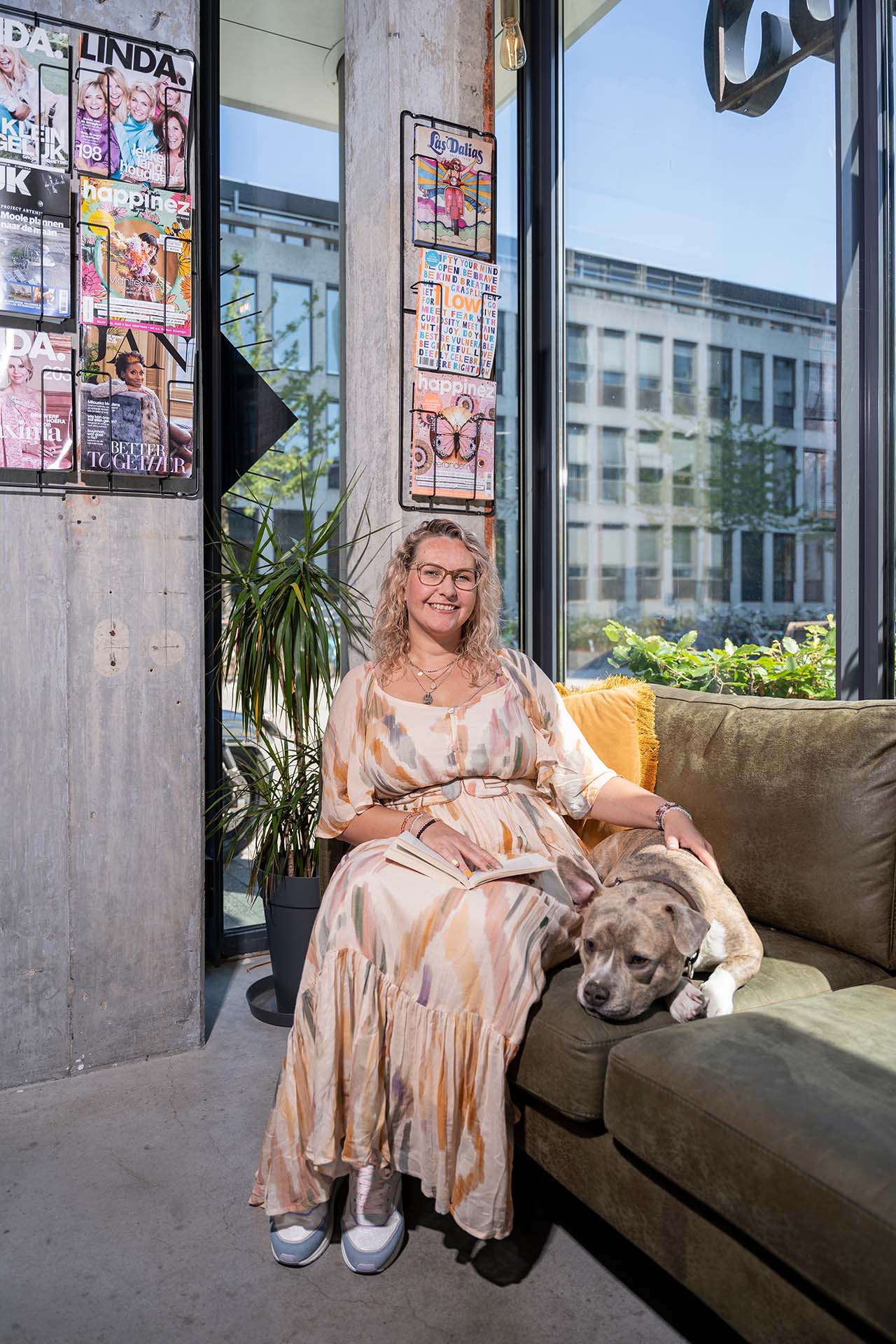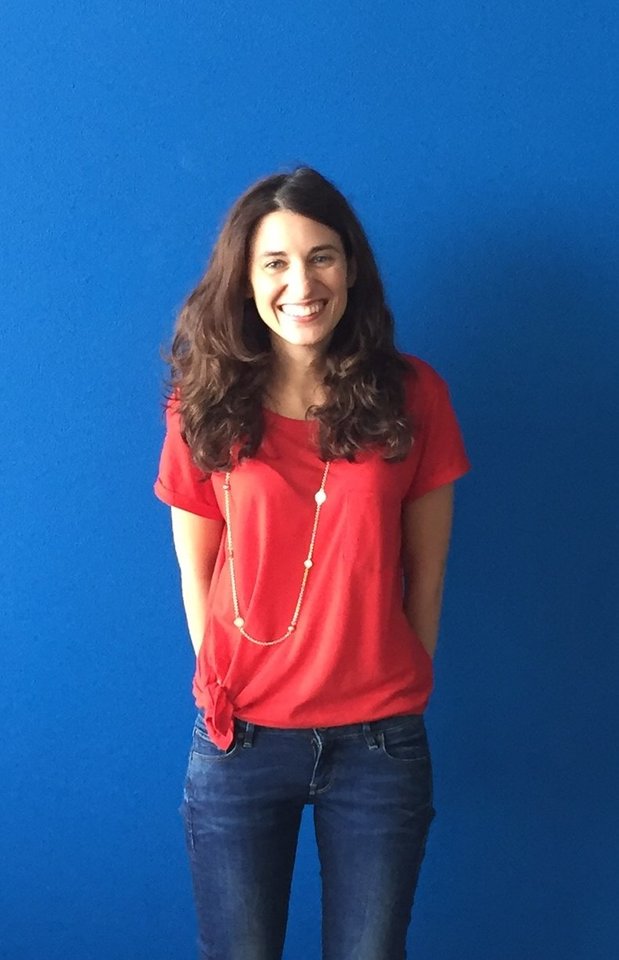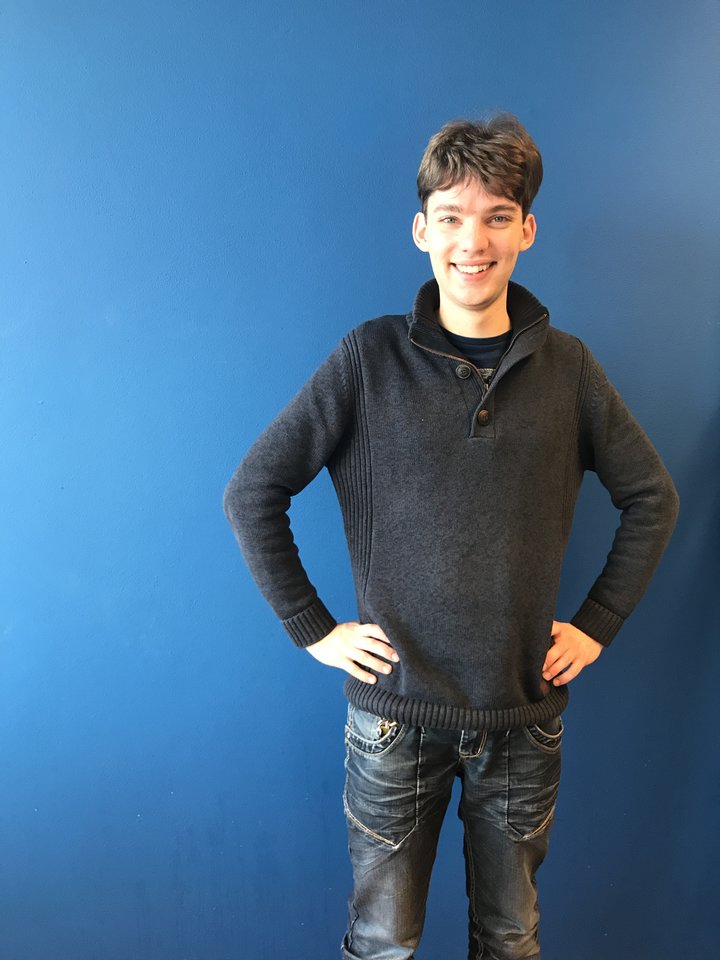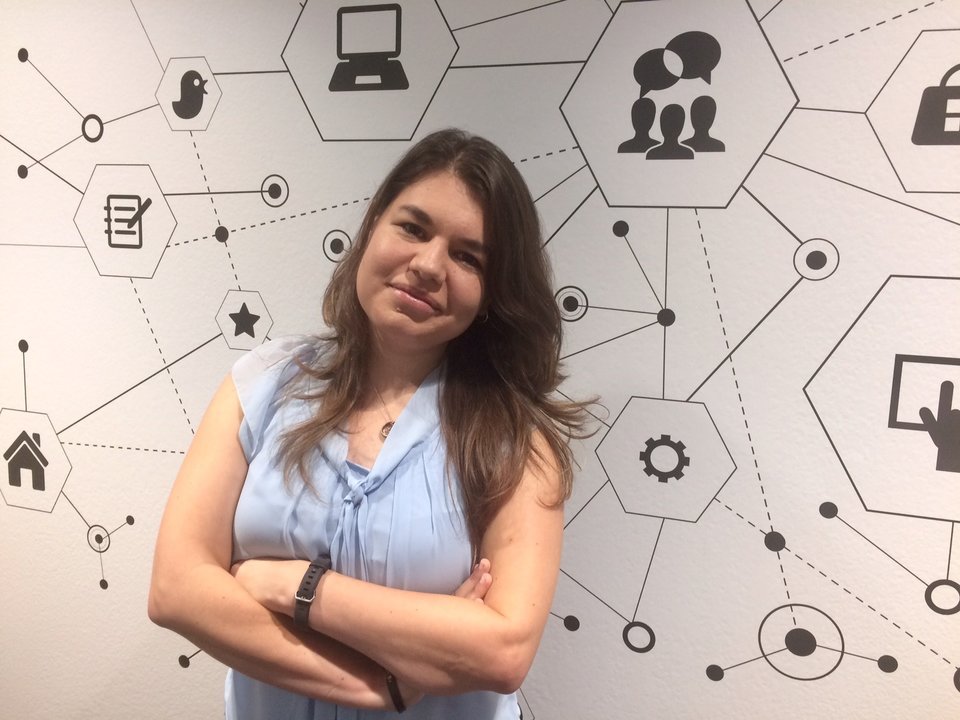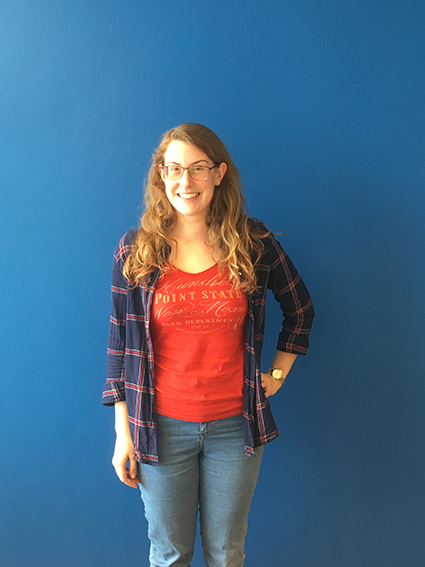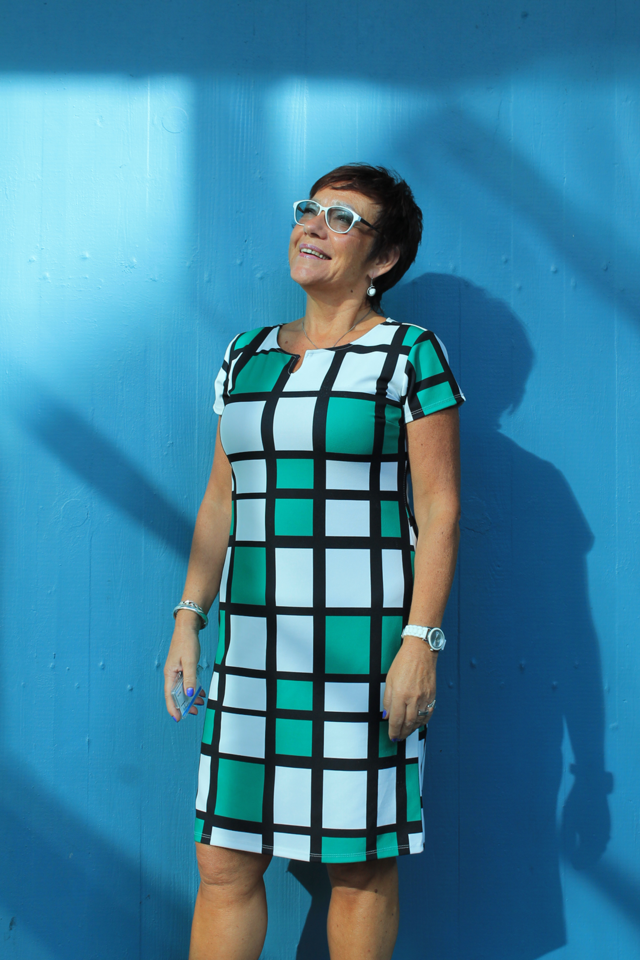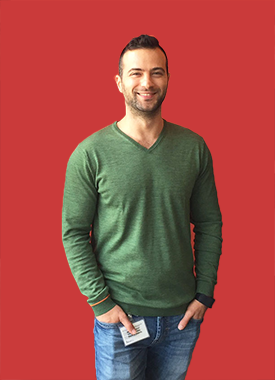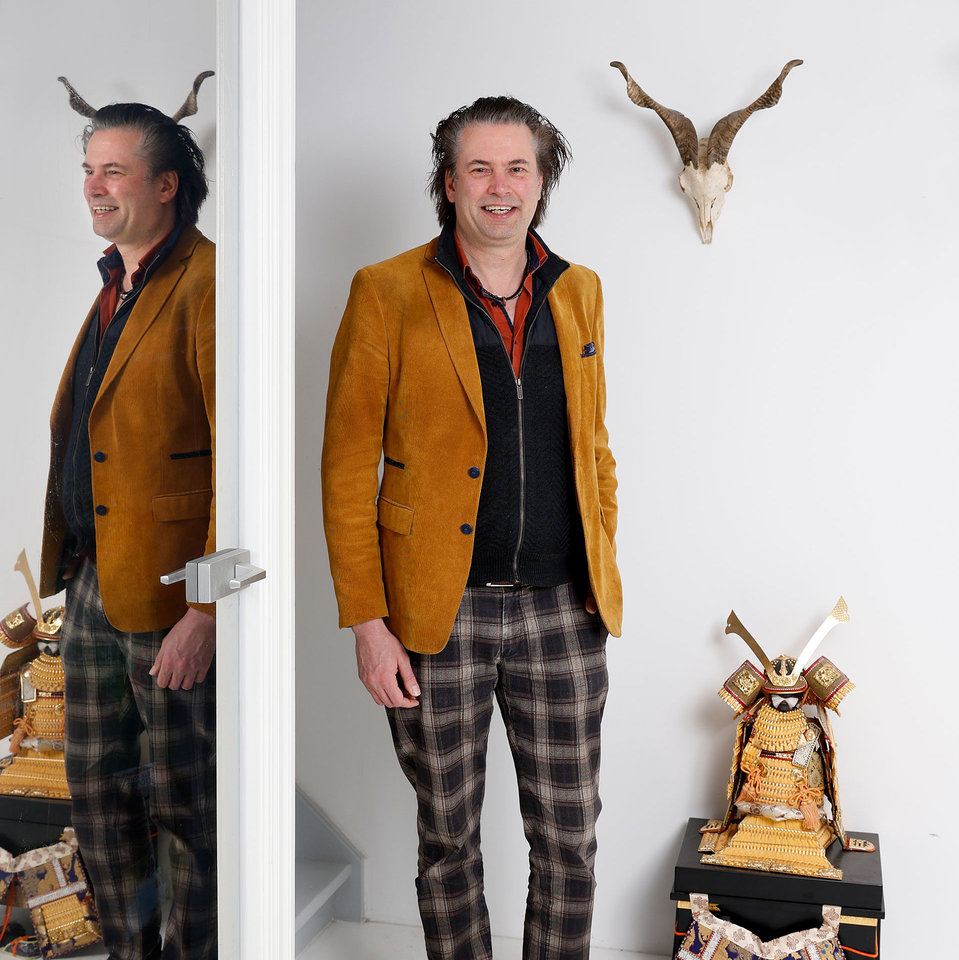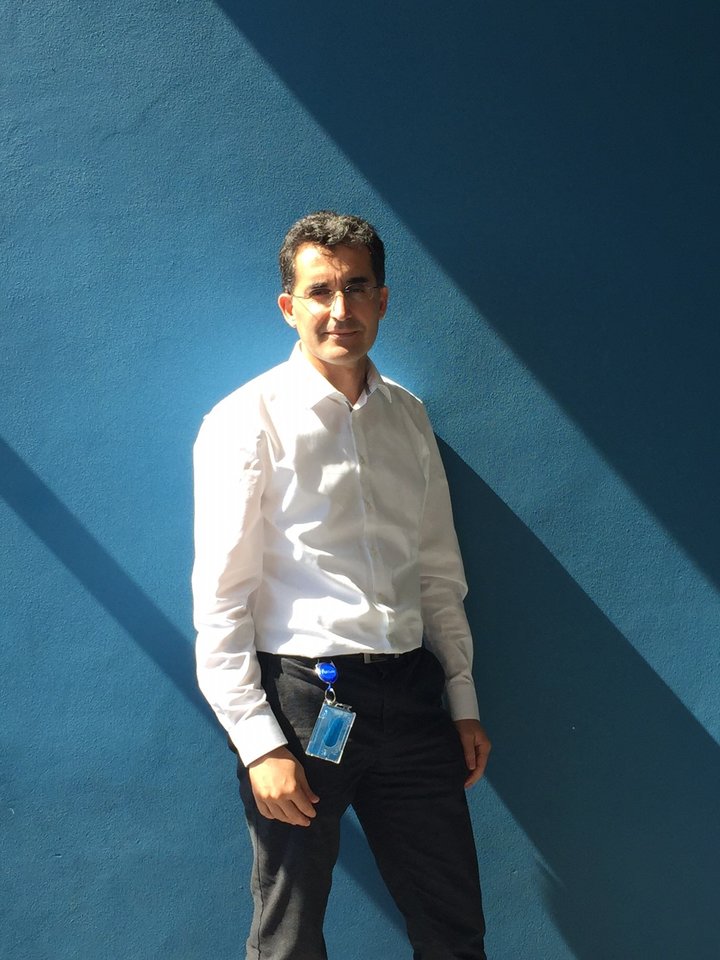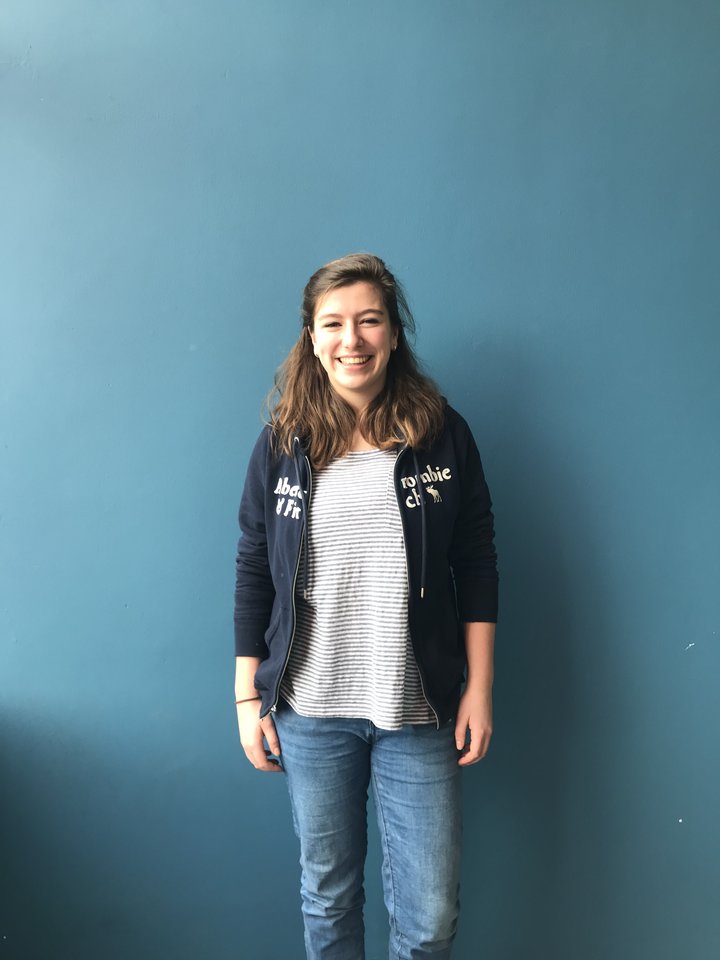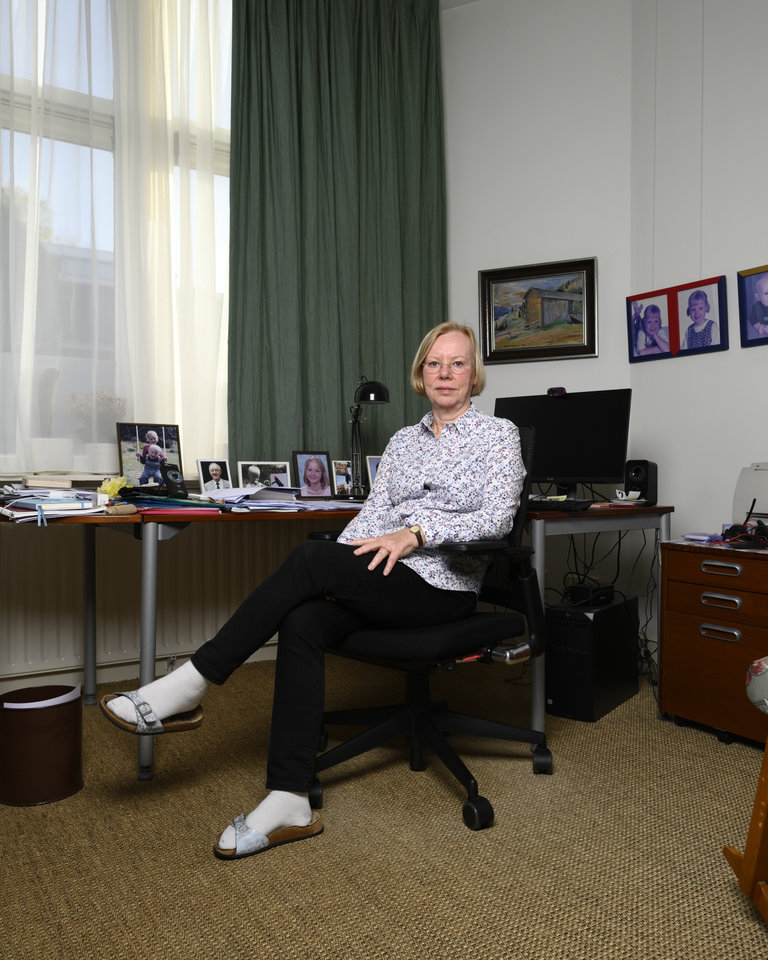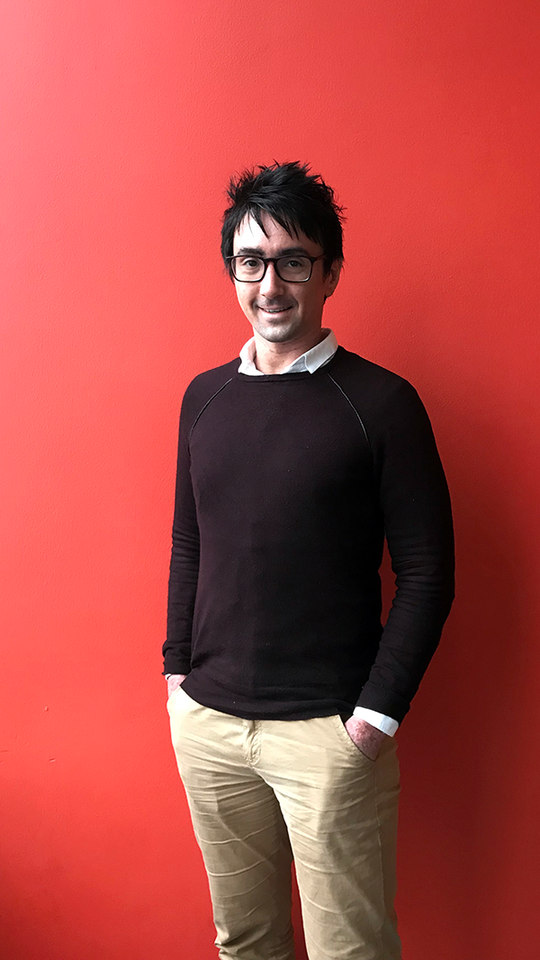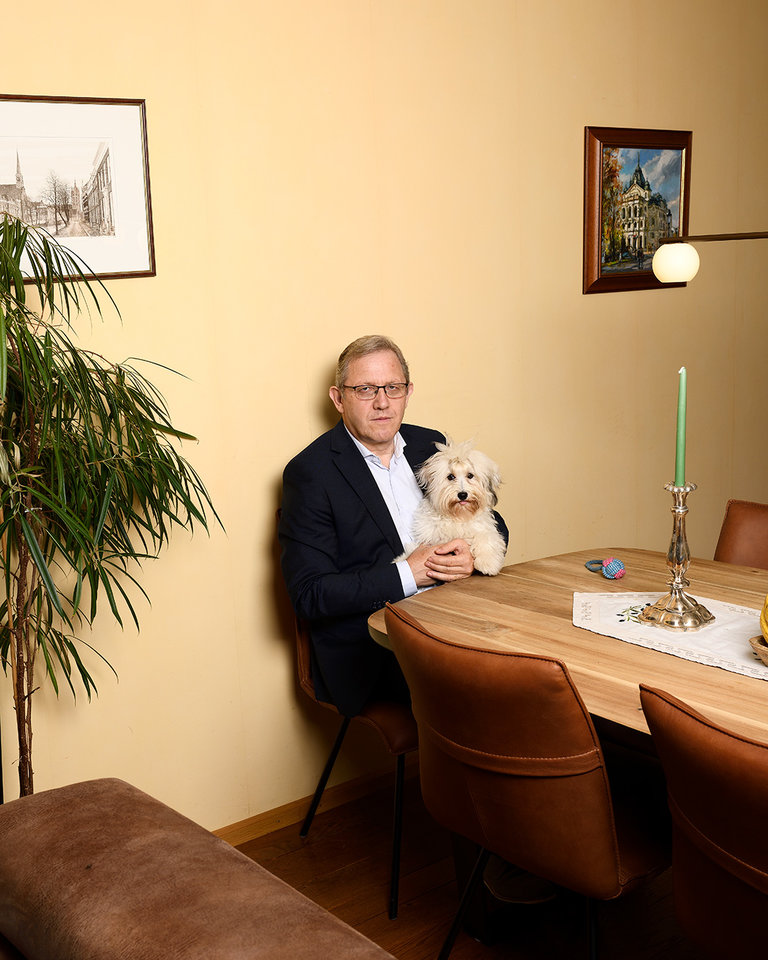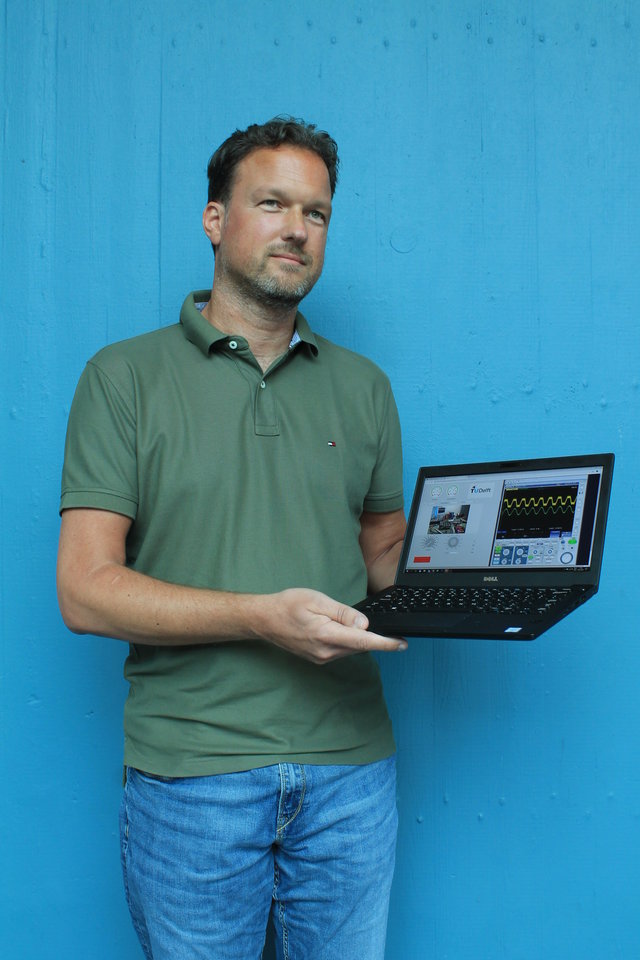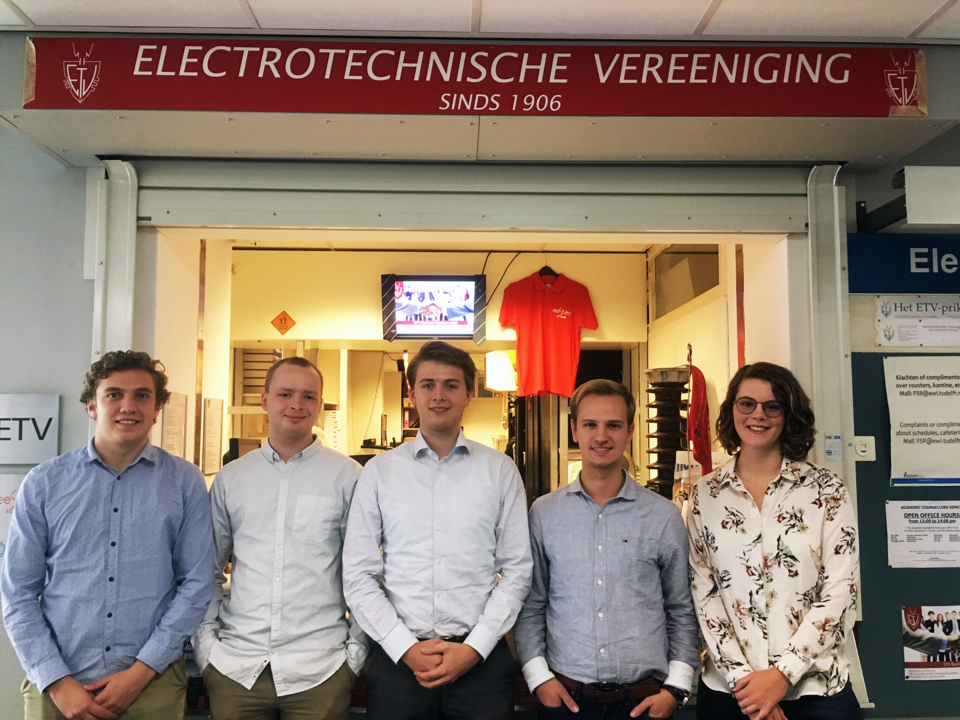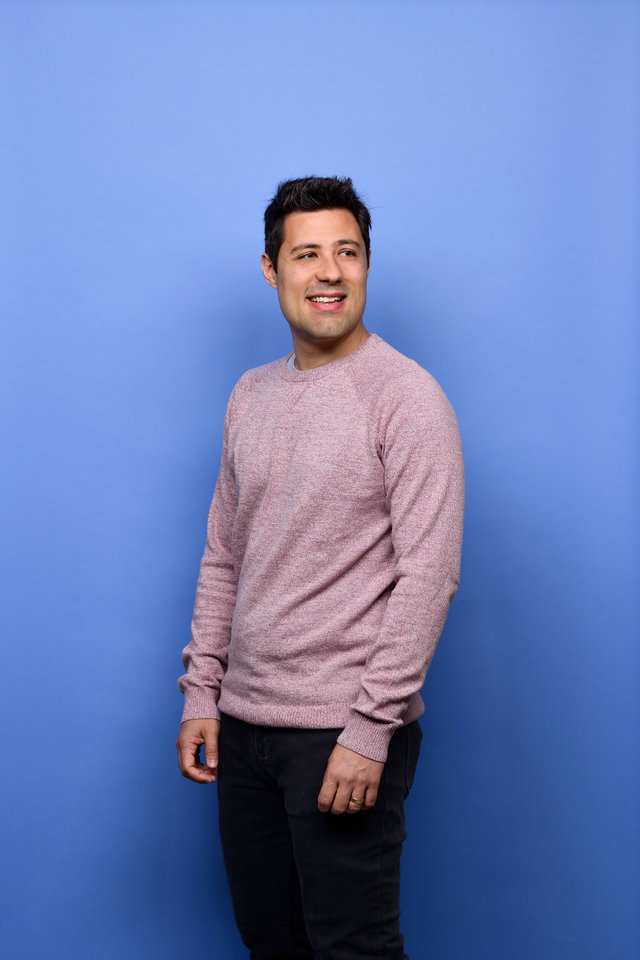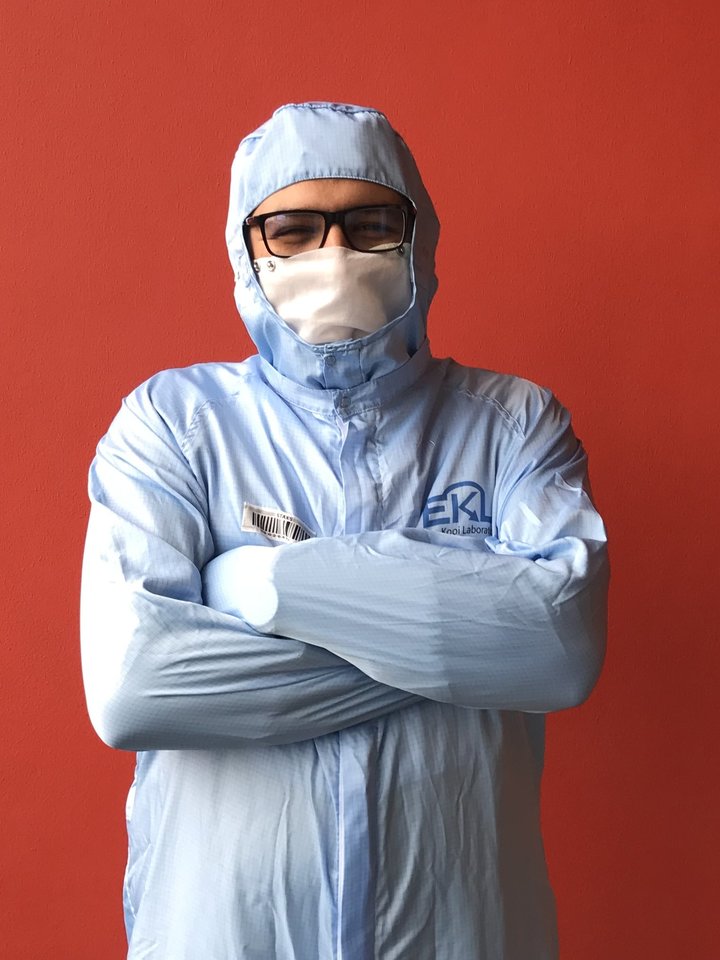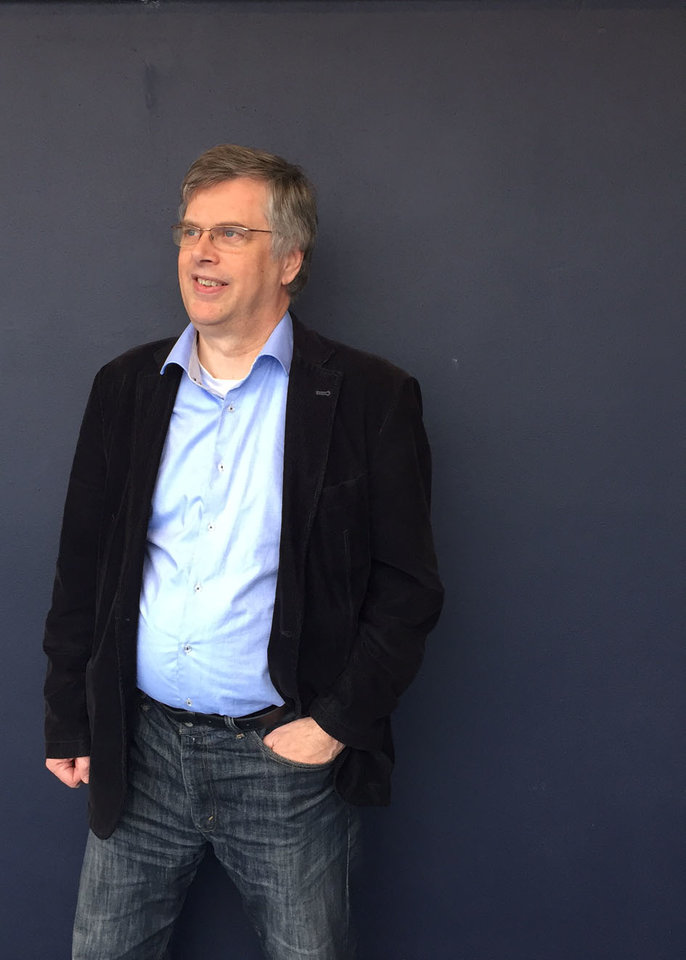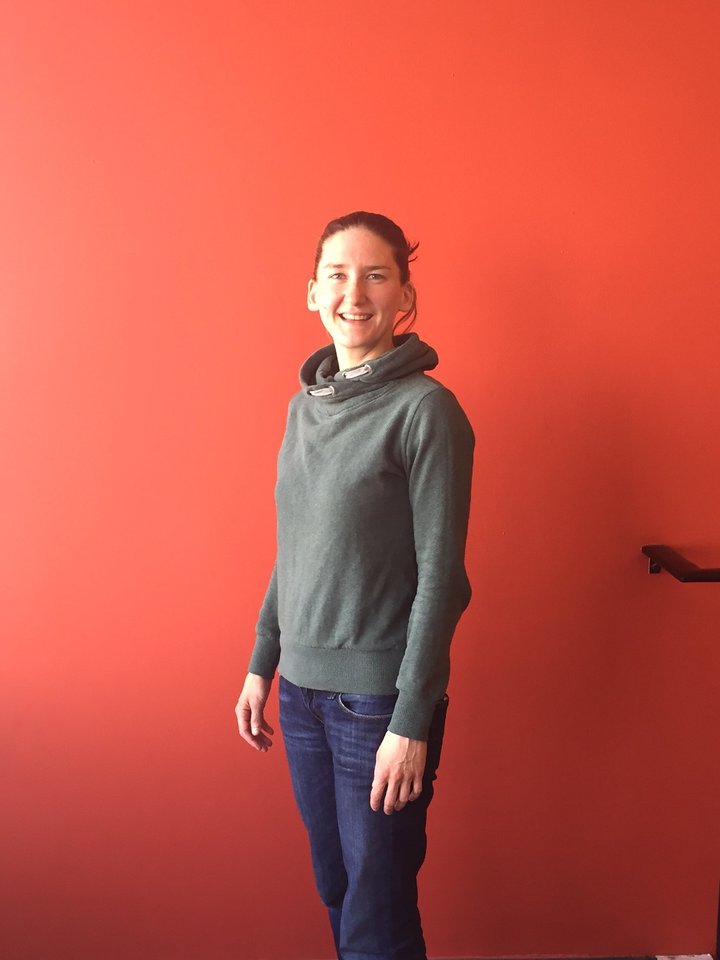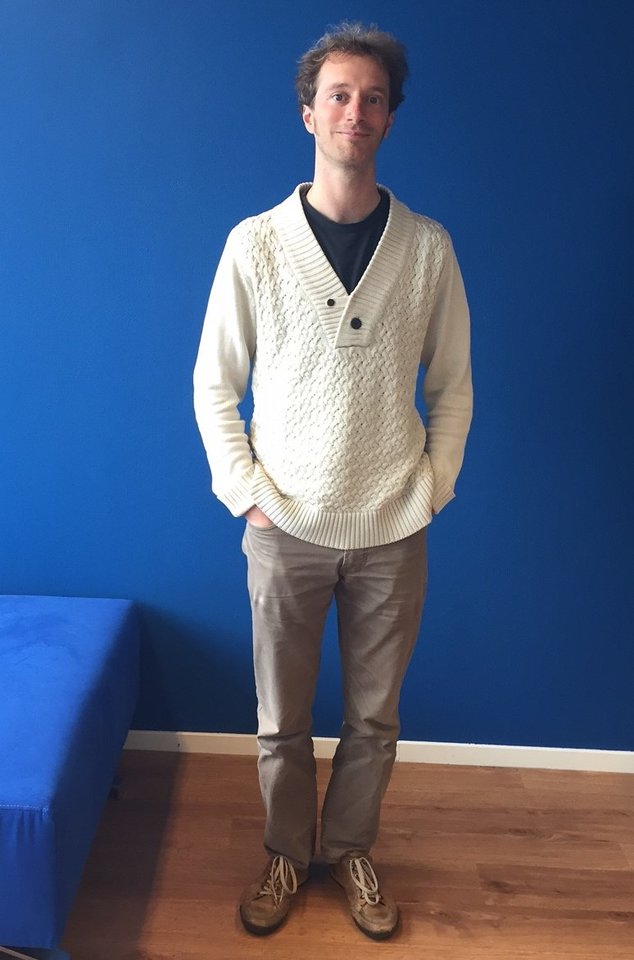Personal leadership is not only about improving yourself, and your own skills, but it is also about supporting others and bringing about change. In this series of Humans of EEMCS, we talk to four people who are dedicated to personal leadership causes within the faculty, in addition to their normal duties. This fall, for example, there are elections for the EEMCS OdC. We find out what drives people to use their personal leadership skills to devote themselves to these and other committees.
"My personal example is my mother. Ever since I was very young it has been the three of us: my mother, my sister and me. She has been through a lot. It is a testament to a lot of strength when you pull yourself together and keep going.
Strong women who take their place in the world, they are truly my role models. I follow a few of them on social media and in the faculty I also work with women who I find inspiring. Because of them I see how important it is to be sure of yourself, to choose yourself, but also not to be afraid to make mistakes and to keep developing yourself. I do that myself, for example, by having conversations with a job coach.
I think that personal leadership álso means that you choose yourself. But also that you take responsibility for your own actions. It sounds a bit cliché, but 'a better world starts with you', that is what personal leadership stands for. Only then can you really make a change.
I believe that the best place to be a personal leader is in a socially safe environment. I apply this in my role within the EEMCS Diversity and Inclusion Team (EDIT). I want to make changes to achieve social safety, and in doing so, create a better faculty. I think it is imperative that a work or study environment is safe for all of us, and that everyone feels seen and valued.
It is important that people realize that creating a more diverse and inclusive work environment, is only possible if everyone takes responsibility for it. And if we are also aware that some things can feel socially unsafe to others. For example, I was once at a meeting about sustainability. And someone said, "The lights in the parking garages on campus are always on and that's not sustainable." But as a woman, I thought: if the lights aren't on, I won't park my car there. I'm not going to get my car in a dark parking garage at night. That seems like a very small thing, but as a woman you understand that right away. And I certainly don't think that things like this don’t bother men at all. But it can be a subtle difference in how safety is perceived.
The responsibility to make change happen cannot fall on EDIT alone. It can only happen if people at all levels of the organization take part in it. One way that could be done is, for example, by managers asking employees during an R&O interview: what have you done this year to make TU Delft a socially safe place? And that could be something small, such as ensuring that colleagues talk to each other more. Or that you have made sure that someone who felt excluded is now part of the group.
My wish for the future is that it becomes a unique selling point of the university that it is a socially safe environment. And that new students say, “I'm going to study at EEMCS and I've heard that it's very diverse and inclusive.” And I also would like to have a higher turnout at EDIT events in the future. I hope that at our next event we won’t even have enough room for everyone that wants to attend. Right now that is far from being the case.
That is why, I would like to take this opportunity to do a little bit of advertising. Are you interested in different topics around social safety, diversity and inclusivity, such as discrimination or gender equity? Then come to one of our events, or join EDIT!
I am proud to say that I work at TU Delft. That's also because I am a member of EDIT, which makes me feel more connected to the faculty and see developments taking place in the field of social safety. And that is my dream, that everyone can proudly say that they study or work at TU Delft."
